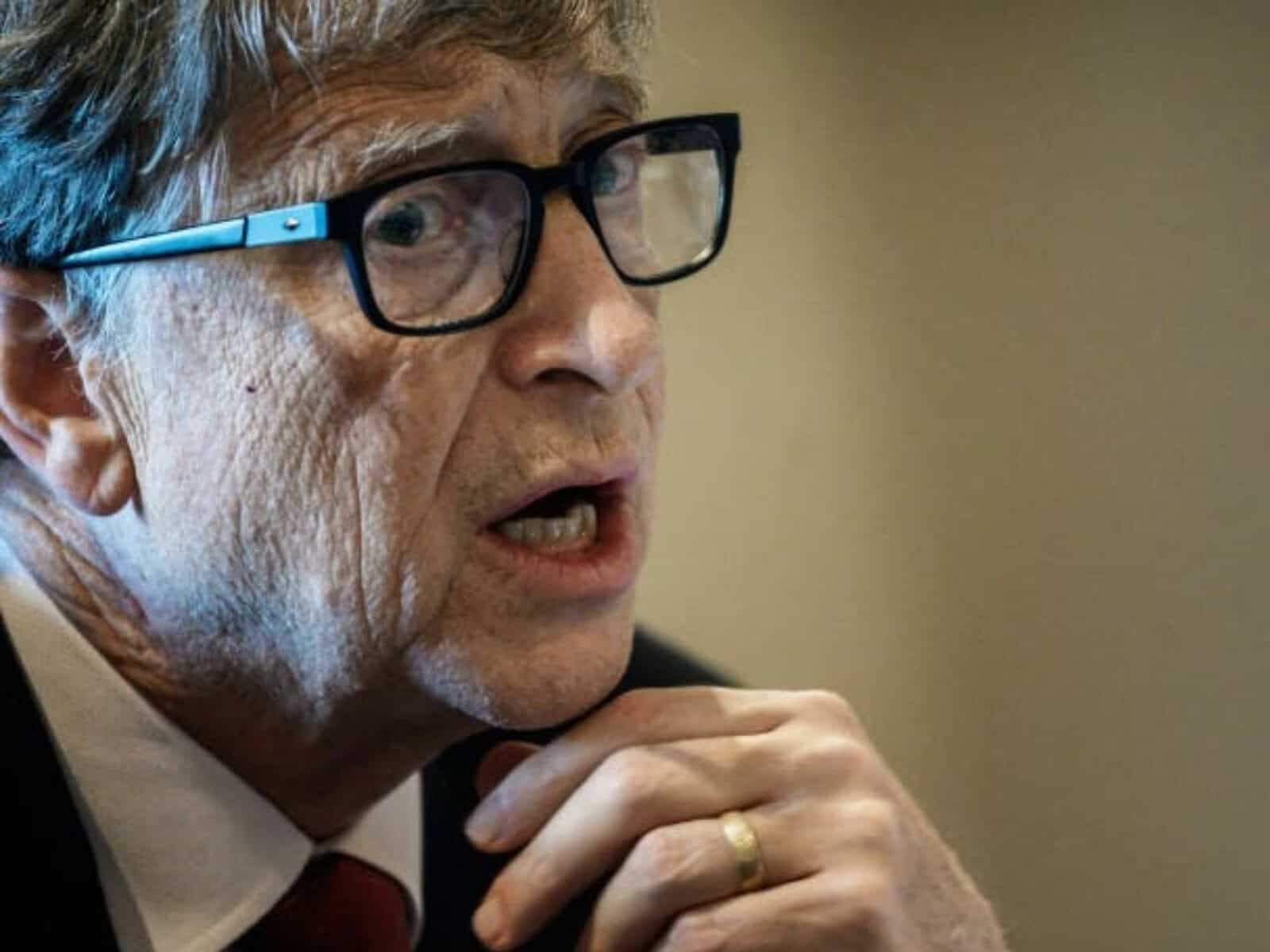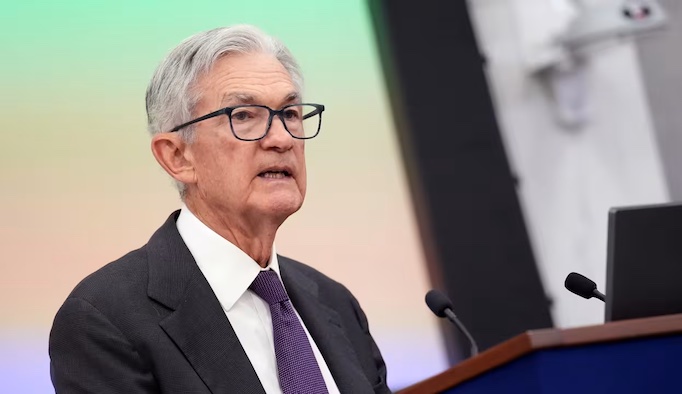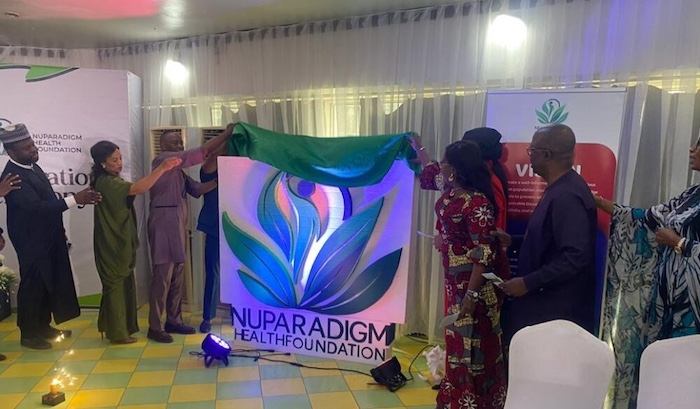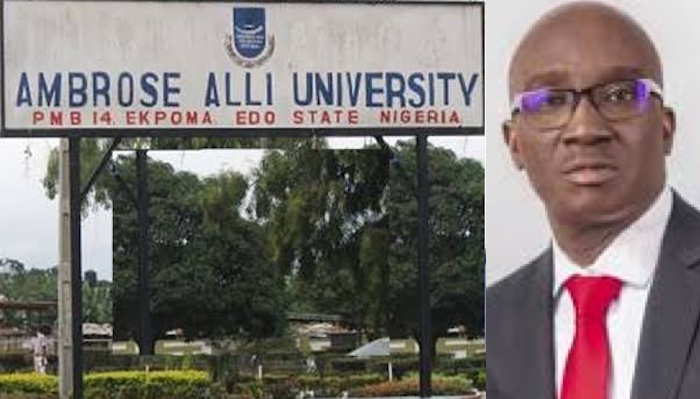
Environmentalists representing communities across Africa are blaming Bill Gates and his foundation for the degradation of their natural ecosystems.
The Gates Letter Campaign has been a continent-wide effort to halt the financing of industrial agriculture, on the premise that it undermines smallholder farmers and food sovereignty.
Signed by roughly 600 faith leaders, the group renewed their fight against agro-philanthropy with the signing of a fresh open letter aimed at the Microsoft founder.
Community-focused farming
The Southern African Faith Communities’ Environment Institute (SAFCEI) coordinated the local call for reparations, which was followed by Wednesday evening’s official launch of a new open letter.
The Bill & Melinda Gates Foundation was instrumental in the founding of the Alliance for a Green Revolution in Africa (AGRA) in 2006, which SAFCEI and others state has had a negative impact.
“AGRA’s bold vision to double the yields and incomes of smallholder farmers and halve the number of people in hunger has simply not worked,” the letter states.
“Interventions that aim to shift Africa’s food models towards industrial models diminish the role that food and its production play in community systems and ignore the significant body of related indigenous wisdom, which is recognised as a key element in climate change adaptation,” it adds.
The environmentalists did not put a price on what they feel communities are owed, but insist on a shift in approach to food production on the continent.
“It’s time for international funders to transition towards agroecology through respecting and supporting locally defined holistic approaches in Africa, by Africa.
“As faith leaders, we must advocate for the restoration of our relationship with the Earth and the community of life on which we all depend,” the letter states.
‘Doomsday outlook’ incorrect
The faith leaders timed the relaunch of the open letter to coincide with the United Nations’ Climate Change Conference (COP30), to be held in Brazil from 10 November.
Gates agreed that a different approach to aid spending was needed, stating that “improving lives” was more important than emissions targets.
He released a statement this week urging COP30 attendees to consider “tough truths” that go against the climate messaging of recent decades.
“Although climate change will have serious consequences — particularly for people in the poorest countries — it will not lead to humanity’s demise,” stated the billionaire.
He said the “doomsday outlook” was forcing communities to prioritise short-term goals over long-term prosperity.
Gates stated that a hard truth was that “climate change is a serious problem, but will not be the end of civilisation”.
He also admitted that the production of synthetic fertiliser had negative aspects that perpetuated climate destruction.
“One stubborn problem is that some of the nitrogen in fertiliser seeps into the atmosphere as nitrous oxide, a potent greenhouse gas. It’s very dilute, which makes it hard to capture,” Gates stated.
Dispute over seeds
SAFCEI and the faith leaders noted that Gates and AGRA had spent roughly UD$1 billion on the continent since 2006.
SAFCEI Head of Food and Climate Justice Programs Gabriel Manyangadze accused the funders of an underhanded tactic related to seeds.
“The Gates Foundation, through AGRA, is pressuring governments to adopt new agricultural policies that criminalise the exchange of traditional seeds that are not certified or listed in the official catalogue.
“Rural populations, who are often very poor, cannot afford to buy these seeds. They have been producing and exchanging their own seeds since time immemorial,” said Manyangadze.
However, Gates was adamant that the seeds worked; the challenge was making them more affordable for farmers.
“The new seeds gave a group of Kenyan farmers 66% more maize, enough to feed a family of six for a year and still have US$880 worth of crops left over to sell,” Gates said.
NOW READ: Nuclear energy: Social catastrophe or the energy of the future?



